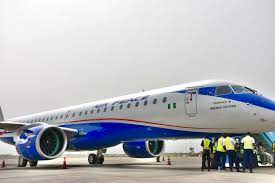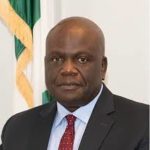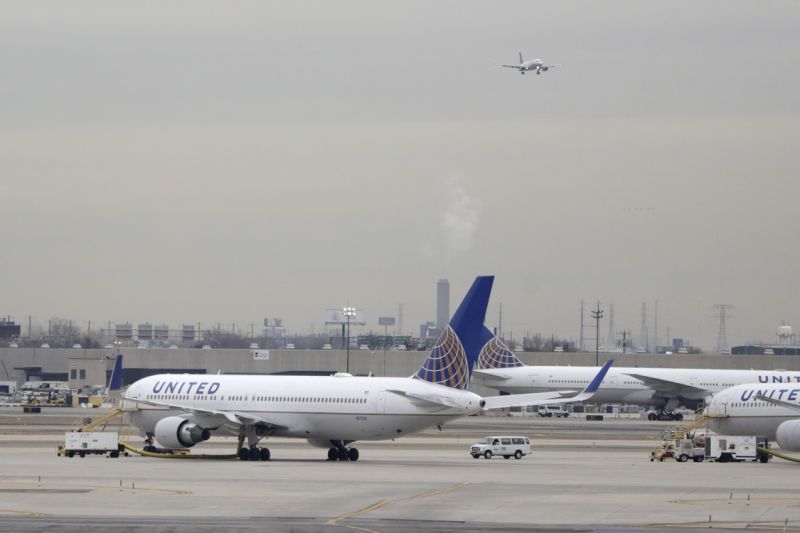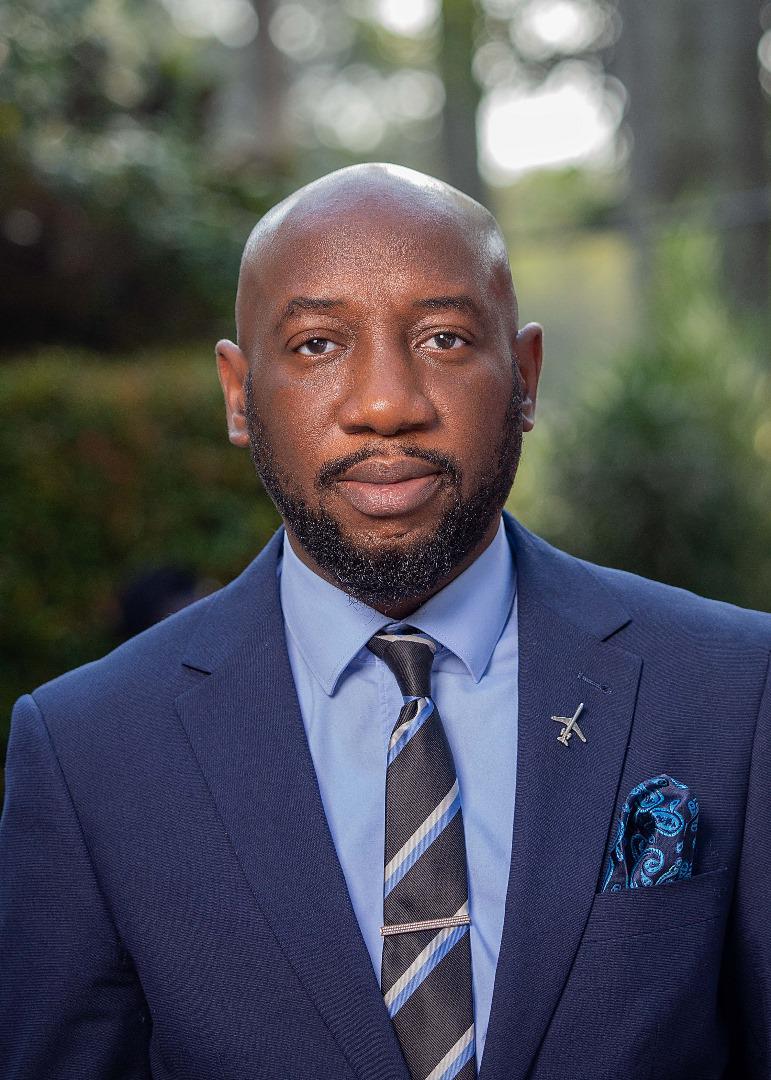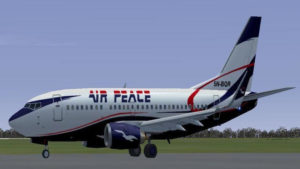
Despite economic constrictions in the country, airfares have been on consistent rise; that on Wednesday a return ticket for one hour flight was N300, 000 and there are indications that as December draws nearer, flight ticket costs will continue to skyrocket.
THISDAY investigations at the domestic wing of the Murtala Muhammed International Airport, Lagos and the websites of airlines, revealed that currently the base fare begins at N80, 000 and rises to about N150, 000 for economy ticket.
Business class ticket base fare on Wednesday was N110, 000 and due to the demand, within few hours the cost of the tickets would rise to over N200, 000.
A protocol official at the domestic terminal, MMA2, told THISDAY on Wednesday that business class tickets hover around N250,000 and what was surprising was that the there was high demand for the tickets, as economy class tickets have been exhausted for the period of the Yuletide.
“The price of tickets has continued to skyrocket. Today, I bought Lagos to Uyo business class ticket at N253, 000 on Ibom Air flight; Air Peace, N250, 000. The business class tickets may start from N96, 000 to N110, 000 and begin to graduate from there, as demand increases. But even with that high prices, people are still buying tickets; people are still travelling; the airports are full. I guess that the major reason why the prices are going so high is that there is no enough aircraft, so few seats are available,” he said.
The protocol official also told THISDAY that most flights were already fully booked for December.
“Economy class begins at N80, 000. It is no more N50, 000 and as we are talking the flights available are fully booked. We just hope that airlines will add more flights, but even at that, the fares will still be high and will continue to rise. As Christmas draws nearer the fares will increase. Destinations like Enugu and Owerri are fully booked already,” he said.
THISDAY findings indicated that many domestic carriers would not bring more aircraft just for the Yuletide because most tickets are sold in October and November.
“If you lease aircraft by December you will not be able to break even because most ticket sales happen in October and November. In fact, November is when airlines record their highest sales in Nigeria, subsequently what you will be witnessing in December is that airlines leaving Lagos and Abuja to other states like Owerri, Enugu, Asaba, Port Harcourt, Uyo, Calabar travel with full loads, but you return to Lagos empty, with less than 40 per cent of your capacity,” an operator told THISDAY.
The only airline that may add more aircraft to its fleet is Air Peace. Currently it has about 38 aircraft that are airworthy, which include eight leased aircraft and there is hope that one or two aircraft on maintenance might return.
The Chief Operating Officer of Cleanserve Energy and former Managing Director of Arik Air, Chris Ndulue, told THISDAY that the high rise of flight ticket is not caused by increase in the cost of aviation fuel because the price of the product has been stable for some time now.
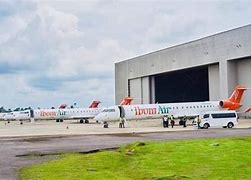
He said that naturally cost of flight tickets rise towards the Christmas holidays, remarking that it is the biggest season for Nigerian carriers.
He said that the Christmas season is very critical to Nigerian airlines because it determines their survival, noting that every airline builds the season into its strategic economic and survival plans without which an airline might go under.
“Aviation fuel has been stable lately, but even if the price of aviation fuel is down, airfares will not go down in November and December; unless you want to kill the airlines. In December fares are not particularly determined by the price of aviation fuel. Airlines build the season into their survival. If you remove the season some airlines will collapse next year. So, whatever happened airfares must go up in this season,” the former Managing Director of Arik Air said.
Head of Communications, Dana Air, Kingsley Ezenwa, told THISDAY that to ensure airlines survival, airfares must have to go up, especially at this season.
He insisted that cost of aviation fuel, which is averagely sold about N950 to N1000 per litre contributes to the increase in fares, noting that airlines are facing hard times because of the exchange rate and the facts that most expenses airlines do are denominated in dollars and these include aircraft maintenance, payment of insurance premium and pilots training.
Ezenwa confirmed that poor infrastructure at the airports could cause operational delays, especially at peak hours when facilities are on top of their utility.
Nigerian airlines conduct C-Check on their aircraft every 18 months and most often the checks are done overseas, where they pay for everything in dollars and this have become a huge challenge. Ezenwa said if Nigerian carriers earn their revenue in naira and also use the same currency to pay for the aforementioned expenditure, the airlines would be in a financial better state, but the high exchange rate and the scarcity of forex exacerbate the precariousness of the airlines.
“Price of tickets is high across board. The economy is still struggling. We are facing a big challenge. You earn your revenue in Naira but every other thing you are doing you do so in dollars. All major expenditures are done in dollars, like the maintenance of your aircraft, payment of insurance and others. We are operating in a very harsh environment. So, the peak season sustains the airlines because it is the revenue, they earn at this high season that they use to sustain themselves for many months. Airlines fares are progressive; so, as people demand for tickets, the prices increase. This is where early booking comes in. If you buy your ticket early you pay less,” he said.


